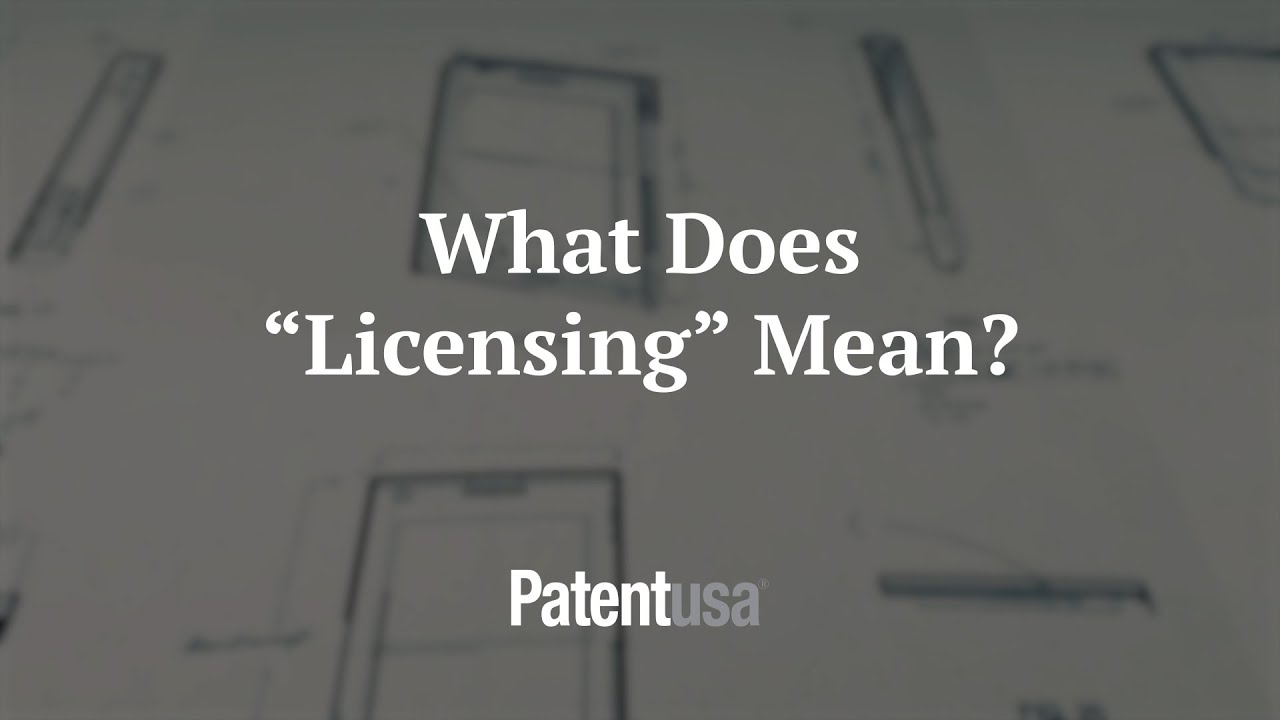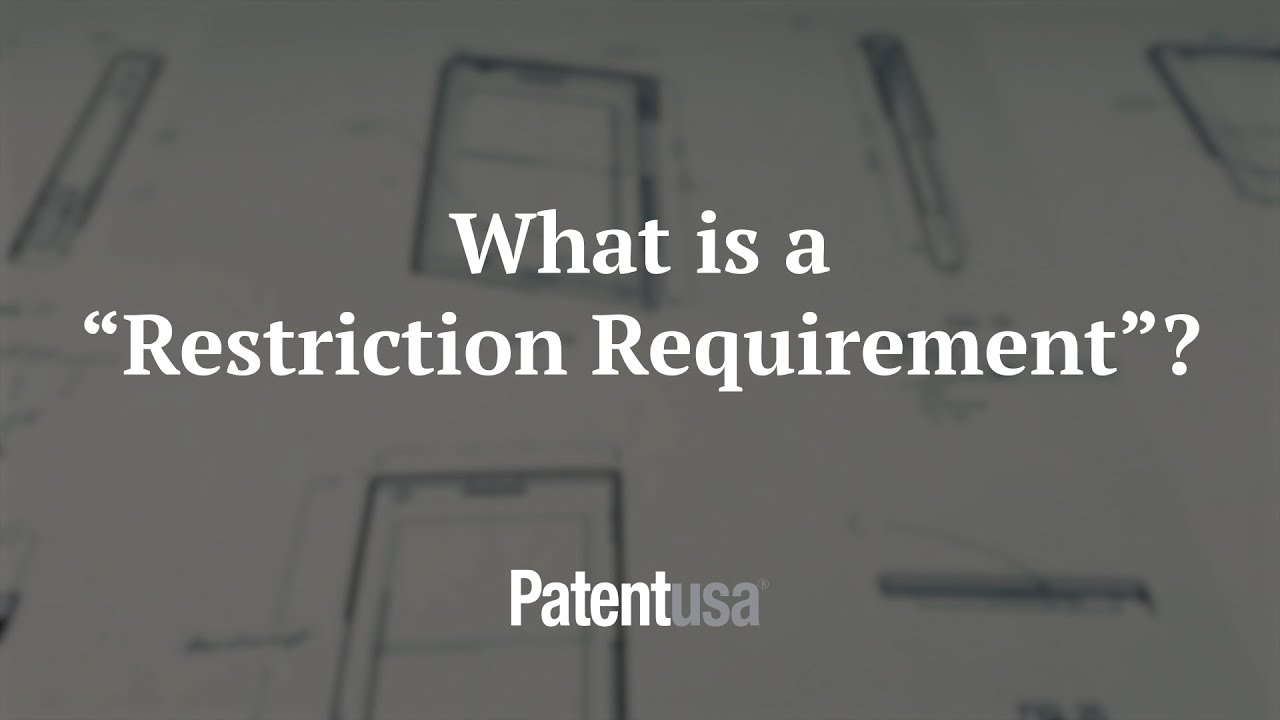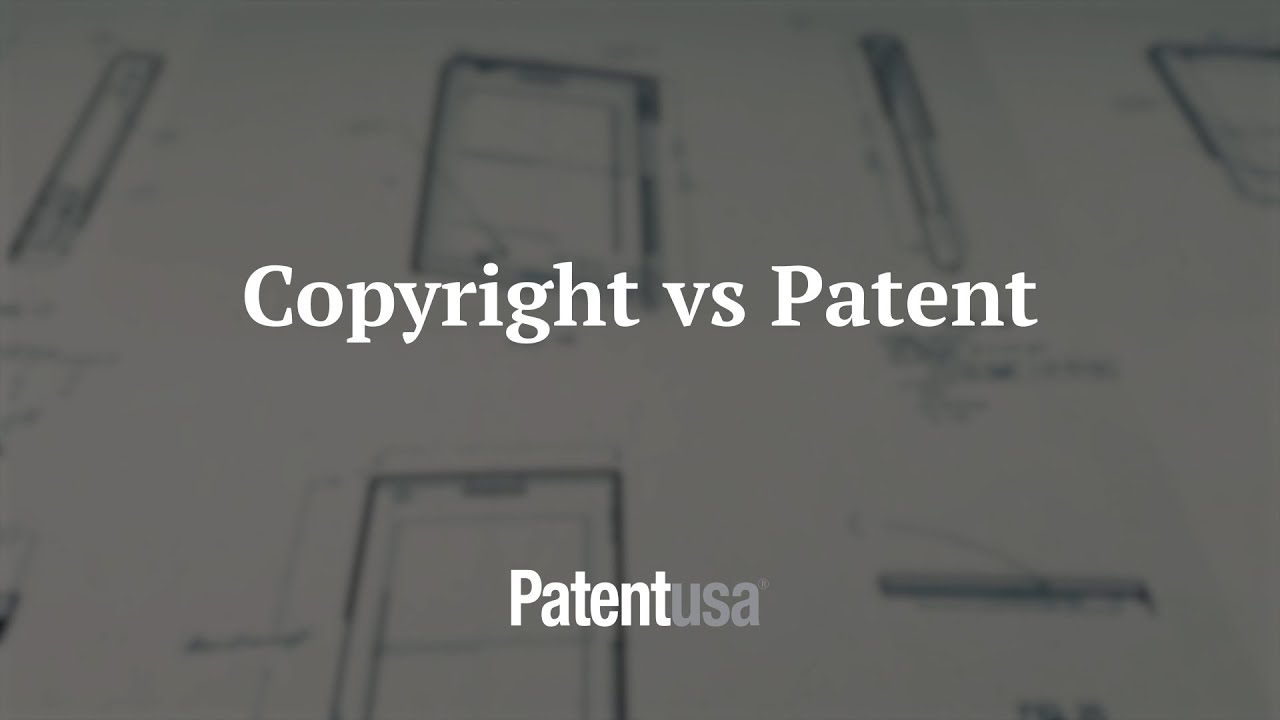What Does Licensing Mean?
We are often faced with inventors who want to get a patent and strike it rich. Getting the patent is only one of many steps. If you want to strike it rich, you must also monetize the patent. There are several options. You may license the patent. In that case, the license may be exclusive Read More





